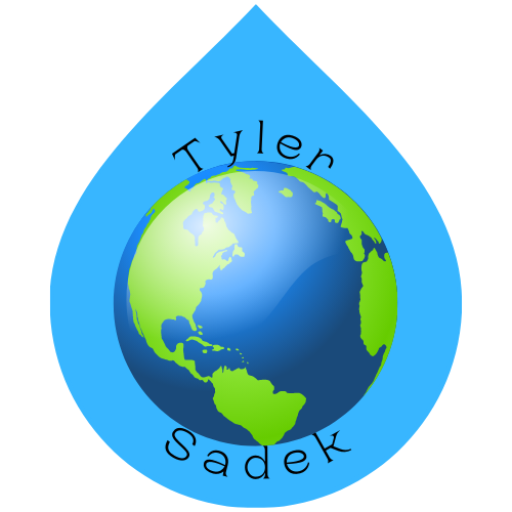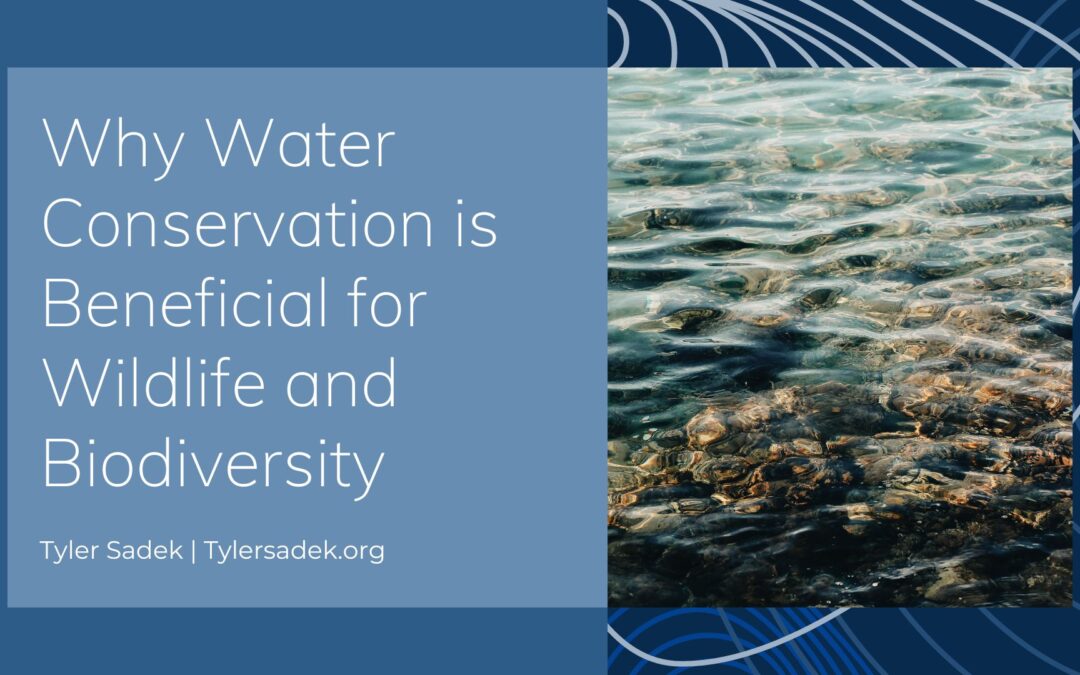Water is the essence of life, and its conservation is essential for the well-being of all living beings, including wildlife and biodiversity. As human populations grow and climate change continues to impact our planet, it is crucial to understand the interconnectedness of water resources and ecosystems.
Ecosystem Preservation
Water is a fundamental component of ecosystems, supporting diverse habitats and providing essential resources for wildlife and plants. By conserving water, we ensure the preservation of these delicate ecosystems. Wetlands, rivers, lakes, and coastal areas are home to a wide array of species, including birds, fish, amphibians, and mammals. By maintaining healthy water levels and quality, we protect the habitats on which these species depend, allowing them to thrive and contribute to biodiversity.
Habitat Restoration
Water conservation efforts often include initiatives to restore and rehabilitate degraded habitats. By restoring wetlands, rivers, and other aquatic ecosystems, we create valuable breeding grounds and safe havens for wildlife. Restored habitats provide food sources, nesting sites, and shelter for various species, enabling them to flourish. This restoration not only benefits the individual species but also contributes to the overall health and resilience of ecosystems.
Maintaining Biodiversity
Water conservation plays a critical role in maintaining biodiversity. By preserving water resources, we ensure that different ecosystems can support a wide range of species. Biodiversity is vital for ecosystem stability, as each organism plays a unique role in the functioning of the ecosystem. By protecting water sources and maintaining healthy ecosystems, we safeguard the intricate web of life and contribute to the resilience of ecosystems in the face of environmental challenges.
Protection of Endangered Species
Many endangered species rely heavily on specific water sources for their survival. By conserving water, we protect these vital habitats and increase the chances of recovery for these threatened species. From freshwater turtles to migratory birds, water conservation efforts provide a lifeline for endangered species, giving them a fighting chance for survival and preventing their extinction.
Mitigating Climate Change Impacts
Water conservation is closely linked to climate change mitigation. As the planet experiences shifts in precipitation patterns and increased water scarcity, conserving water becomes even more critical. By reducing water consumption and implementing sustainable water management practices, we can minimize the impacts of climate change on water availability. This, in turn, helps maintain suitable habitats for wildlife and reduces the vulnerability of ecosystems to climate-related disturbances.
Ecotourism and Economic Benefits
Preserving water resources and protecting wildlife habitats have significant economic benefits. Healthy ecosystems attract tourists interested in wildlife observation, bird-watching, and eco-adventures. These visitors contribute to local economies, generating income and employment opportunities. Additionally, water conservation measures, such as efficient irrigation systems and water recycling, can lead to cost savings for agricultural and industrial sectors, ultimately benefiting local communities.
Water conservation is a crucial aspect of preserving wildlife and biodiversity. By recognizing the interconnectedness between water resources and ecosystems, we can make informed decisions and take collective action to protect our natural world. Through habitat preservation, biodiversity maintenance, restoration efforts, and climate change mitigation, water conservation positively impacts not only wildlife but also local communities and our planet as a whole. Let us embrace responsible water management practices and work together to ensure a sustainable future for all living beings.

